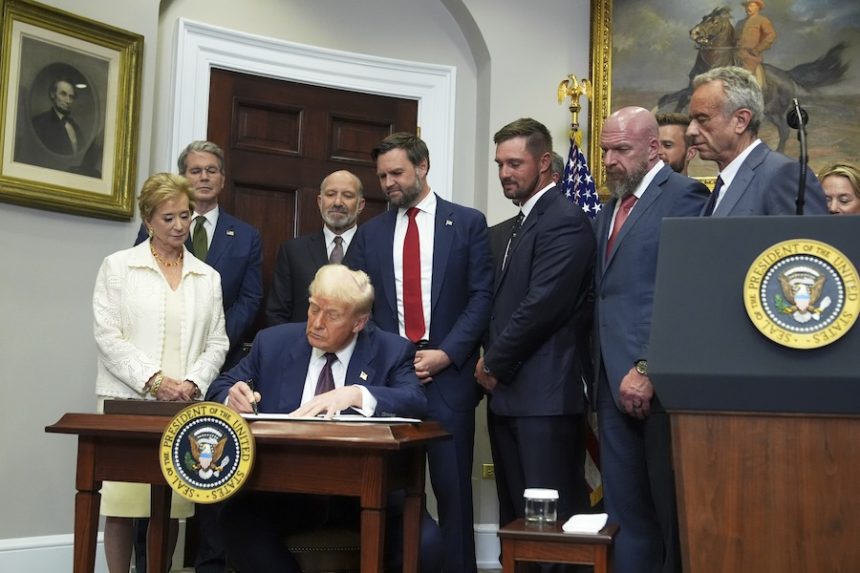NEW YORK (CNN) In an attempt to keep children from viewing dangerous content online, YouTube will start utilizing artificial intelligence to predict users’ ages on Wednesday.
Although it’s a part of a larger effort to make social media safer for youth, some users are already concerned about the implications for their privacy and platform experience.
Regardless of the birthdate a viewer provided when they signed up, the technology is intended to identify whether they are an adult or a minor based on their behavior on the platform. The technology is now being evaluated with a small group of US users, but in the upcoming months, a wider rollout is anticipated.
YouTube will automatically apply its current teen safety precautions to a user’s account if the tool determines that the user is a minor. Among other things, this includes banning videos that include violent or sexually provocative content. If an adult user is mistakenly classified as a juvenile, they will need to provide proof of age in the form of a government ID, credit card, or selfie.
Privacy experts have expressed worries about adults providing sensitive personal information to verify their age, and some YouTube users are already worried about being mistakenly detected by the system.
What we know about the new system is as follows.
How will the AI age verification feature on YouTube operate?
To ascertain whether a user is under the age of 18, the algorithm uses indicators including the kinds of movies they look for and watch, as well as the length of time they have had an account.
The platform’s teen safety features, which include limitations on specific types of content, modified recommendations, bans on repetitive viewing of specific types of content, reminders to take breaks, and disabled personalized advertising, will be automatically activated for users who the AI identifies as minors.
Since YouTube’s new AI age verification system will only be effective for users who are logged in, minors may still circumvent some of the security features by using the website without an account. However, age-restricted content is not accessible to users who have logged out.
Why is YouTube acting in this way?
Following complaints that teenagers may get around its security measures by creating accounts with a fictitious birthday, YouTube and other social media companies are stepping up their efforts to enforce age verification. These worries coincide with increased scrutiny from parents and legislators who have long expressed concern that these websites compromise children’s safety and mental well-being.
In order to implement more comprehensive kid safety measures, Meta said last year that it will employ AI in a similar manner to detect instances in which adolescent users misrepresent their age on Instagram. Additionally, TikTok employs technology to identify users who might be younger than the platform’s minimum age of 13.
Due to new regulations under the UK’s Online Safety Act, a number of other online platforms, such as Reddit and Discord, have now begun confirming the age of certain users. Last month, the law’s sections pertaining to child protection came into force.
Before launching in the US on Wednesday, YouTube said that its AI age verification system had demonstrated promise in other nations.
What worries certain users?
If someone is mistakenly identified as a teen, some YouTube users are already furious about the prospect of having to provide a credit card, identification, or selfie—that is, biometric information—in order to continue using the adult version of YouTube. Using the hashtag #boycottyoutube, some people have vented their concerns on Reddit and X.
In an interview with tech news site Ars Technica, Suzanne Bernstein, a lawyer with the nonprofit research group Electronic Privacy Information Center, expressed worries about YouTube’s handling of that data. According to her, it is very reasonable to feel uneasy about some appeals procedures that call for supplying extremely private information.
According to a YouTube representative who talked to CNN, YouTube’s parent company, Google, employs the most cutting-edge security in the world to safeguard user data from threats, and users have the ability to select the privacy settings that best suit their needs, including erasing their data.
YouTube would not keep user IDs or credit card information for use in advertising, the spokeswoman noted.











